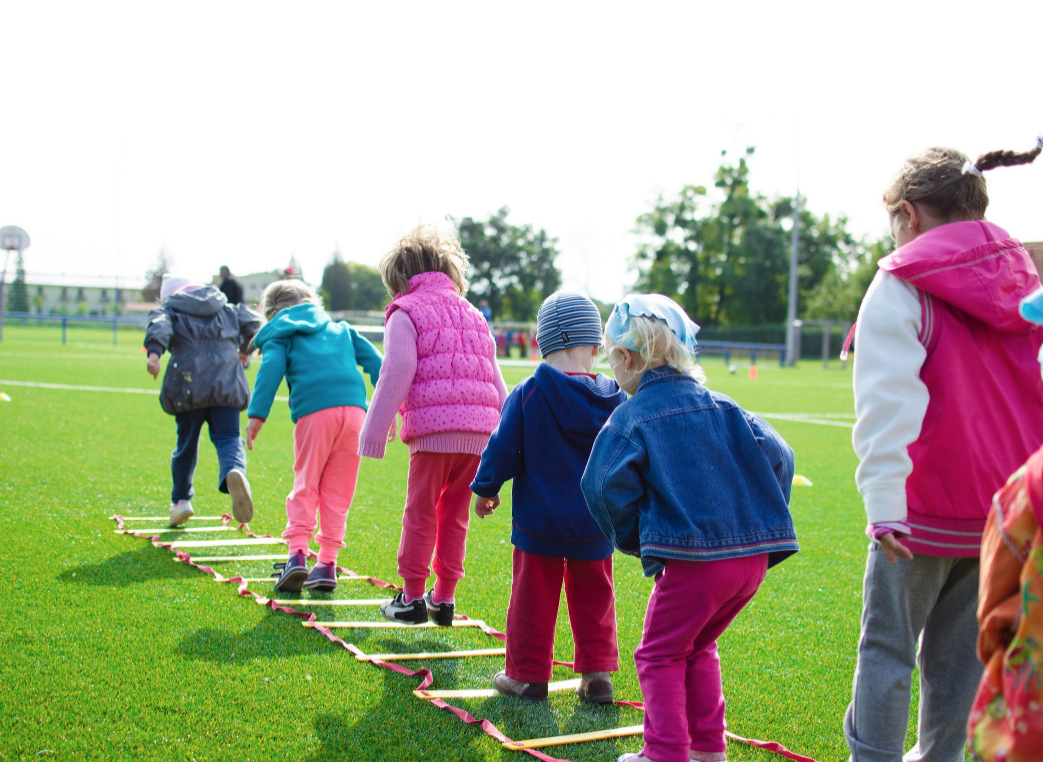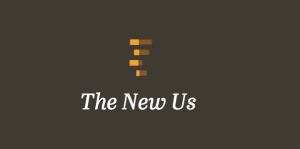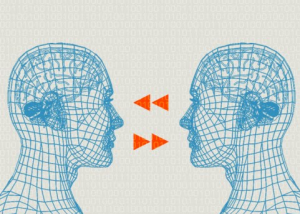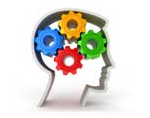Why Emotional Resiliency Doesn’t Work In The 21st Century
It’s becoming clear that our understanding of emotional resilience – what it is and how to achieve it — (and, more broadly, psychological health) �doesn’t mesh very well with today’s realities. Conventional descriptions of resilience and pathways to mental health don’t enable you to handle the challenges and stresses we face in the 21st Century.
Let me explain. Resilience is generally defined as the ability to cope successfully with misfortune or traumatic events. Being able to bounce back from adversity and keep on going. What helps you do that includes, for example, reviewing your strengths, focusing on positive thoughts and feelings, learning stress�management, looking down the road to what you can manage better. And, by getting psychotherapy and medication when you’re unable to bounce back very well on your own.
Prior to the 21st Century, that view of resiliency and how to build it was more relevant than today. The adversity and disruptions you were likely to experience were more stable, in a sense. The world was more predictable, more linear, with respect to the kinds of stresses and disruptions that would occur – as emotionally troubling as they might be.
Most of our thinking about emotional resilience and healthy functioning, then, fits a world in which unanticipated negative events are fairly predictable. They follow a fairly understandable course, following which you can reasonably anticipate a return to some form of previous stability. In that world, wars eventually ended. The economy went through recessions, then recovered. You might suffer a career or relationship setback but could assume that there was a path to recovery.
That notion of resilience and the ways to build it remain an important foundation for mental health. But they don’t help so much when you’re faced with the challenges of today’s environment. That’s because the very notion of resilience and the strategies for bouncing back are reactive. They focus on responding to something that happens to you, rather than on what you need to be doing proactively, as part of your way of life.
Starting with 9-11, and especially since the economic meltdown that began in the fall of 2008, we’ve been living in a world that’s rapidly transforming beneath our feet. Today’s world is an interconnected, interdependent, diverse, unpredictable and unstable global community. And that’s created new psychological challenges for everyone, challenges that require a highly proactive mentality.
Without it, you might feel like the woman who consulted me recently. Even before she sat down she said, �”I don’t know whether to reach for the Prozac….or Prilosec!”
Her grim humor masked her “recession depression” and other emotional battering. She didn’t know what would help. I’ve witnessed that a great deal in the last few years: Career and financial worries or losses; the ripple effect of those upon family life; anxieties about what sort of future one’s children are headed into, especially with climate change and terrorist threats; and the increasingly polarized views about our government’s role in people’s lives. Research and clinical observation show that all of the above are taking a psychological toll on relationships, families, career expectations, and on people’s entire sense of what they’re living and working for — their life purpose.
Unfortunately, those of us in the mental health professions haven’t been much help with these issues. Most of us continue to look through the rear-view mirror at a model of resiliency and health defined by coping with and managing conflicts in relationships and the workplace; conflicts that you can bounce back from and reestablish some kind of stability…all while continuing to pursue self-interest, such as getting your needs met, your personal goals achieved, your “happiness” acquired.
But today’s world of ongoing disruptions, continuous uncertainties and insecurity has become the new normal. Seeking to bounce back to stability and focusing on self-interest, which we’ve learned to think is the pathway to success, health and well-being, isn’t the right ticket.
In short, there’s no state of equilibrium you can bounce back to. In this highly diverse, interdependent, interconnected world. �Trying to do so is a fast ticket to dysfunction and derailment. You can’t reestablish equilibrium within a constantly shifting world. But engaging these new realities in positive ways will support your success and well-being.
Research shows that you can proactively build specific emotions, thoughts and actions that are effective for adapting to life in the non-equilibrium world we now live within. That’s encouraging, because I think we’re evolving towards a new definition of psychological health via rethinking resilience.
The criteria of a new, proactive resiliency – maybe call it “prosilience – may sound contradictory because they include letting go of self-interest in your relationships and work. The new view of resilience emphasizes being flexible, open and nimble; being able to shift and redeploy your personal resources – emotional, creative, intellectual – towards positive engagement with others.
Resiliency grows from putting your energies, your values, emotional attitudes and actions in the service of the common good – something larger than just yourself. That’s what supports both success in your outside life and internal well-being. And in today’s rapidly transforming world, you need both.
In the future look for new posts about perspectives, research and actions that relate to “becoming sane in a turbulent, interconnected, turbulent world.” �Through them I hope to contribute to a revised and needed reformulation of what psychological health and resiliency are in today’s world — in all realms of life: �intimate relationships, career challenges, engagement with diverse people, and in our responsibilities as �global citizens.

















